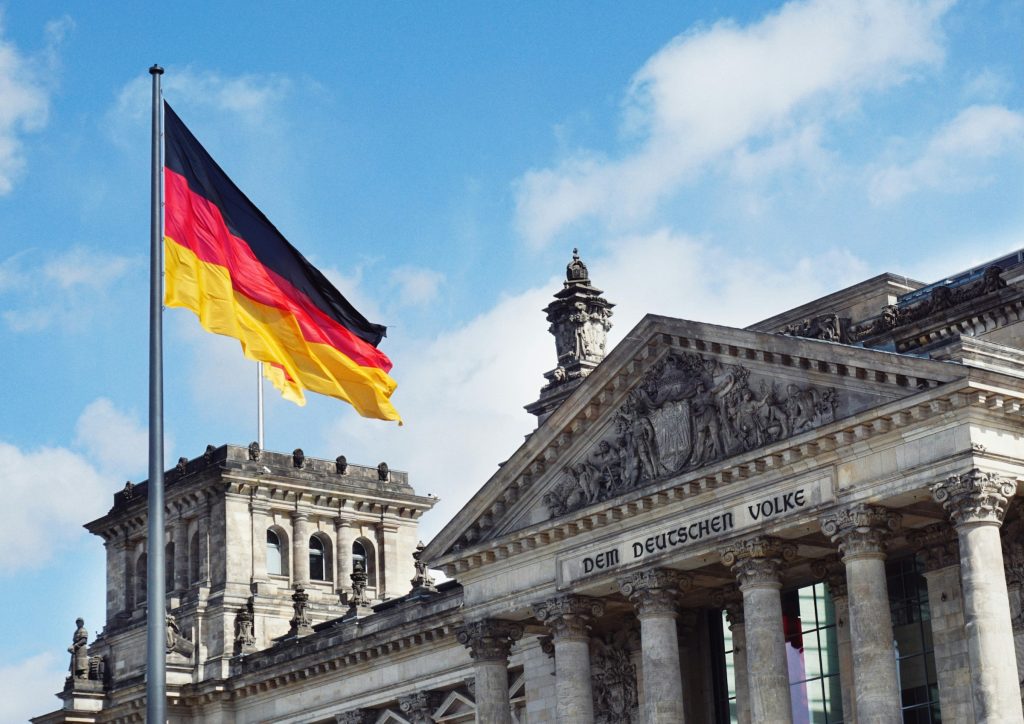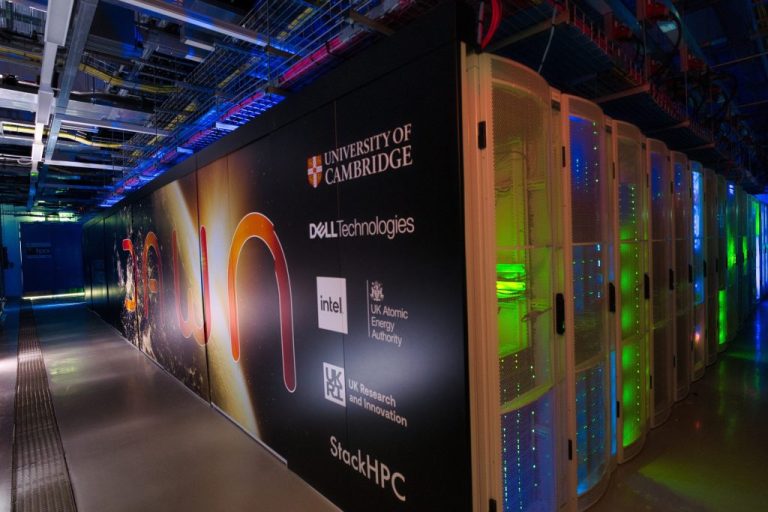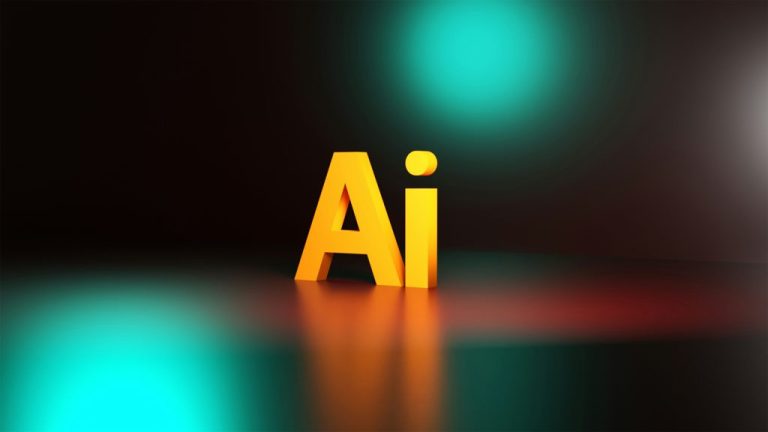NVIDIA Empowers Germany to Dominate Europe’s AI Manufacturing Landscape
Germany and NVIDIA are embarking on an ambitious tech initiative that aims to establish Europe’s first industrial AI cloud. Over the past month, NVIDIA CEO Jensen Huang has been met with enthusiasm from audiences in both London Tech Week and Paris’s VivaTech, but his discussion with German Chancellor Friedrich Merz may have been the most pivotal.
The partnership between NVIDIA and Deutsche Telekom signifies more than just a business agreement; it could mark a significant shift in European technological independence. The planned “AI factory” will prioritize manufacturing, aligning perfectly with Germany’s strong industrial reputation. This facility is intended to empower European manufacturers by providing the computational resources necessary to innovate in areas like design and robotics.
“In the era of AI, every manufacturer needs two factories: one for making things and another for creating the intelligence that powers them,” Huang stated. He emphasized that developing Europe’s first industrial AI infrastructure would position the continent’s leading industrial firms for advanced, AI-driven manufacturing.
Uncommon urgency was demonstrated by Deutsche Telekom’s Timotheus Höttges, who stressed that Europe must act decisively. “We need a sprint, not a stroll, to harness the opportunities offered by artificial intelligence,” he highlighted, pointing out that the region’s economic success hinges on swift and collaborative innovations.
The initial phase will see the deployment of 10,000 NVIDIA Blackwell GPUs across diverse high-performance systems—this marks Germany’s largest AI deployment to date, signaling that the country is eager to play an active role in the global AI transformation.
A recent Deloitte study underlined the vital role of AI technology in Germany’s future competitiveness, particularly emphasizing the urgent need for increased data center capacity as demand is projected to triple in the next five years. Thus, this substantial investment could be seen as essential rather than merely ambitious.
Among the early adopters leveraging this new AI capacity is NEURA Robotics, a German firm specializing in cognitive robotics. They’re utilizing this infrastructure to develop the Neuraverse, a connected network enabling robots to learn from each other, akin to a hive mind that facilitates skills from precision welding to household tasks.
“Physical AI is the electricity of the future—it will power every machine on the planet,” said David Reger, Founder and CEO of NEURA Robotics. He highlighted that this initiative contributes to building the essential infrastructure that Europe requires to lead in intelligent robotics and maintain control over its technological future.
The implications of this AI initiative for Germany’s manufacturing landscape could be revolutionary. It goes beyond mere efficiency improvements in existing factories; it seeks to fundamentally redefine manufacturing in the age of intelligent machines.
Crucially, the benefits of this project extend beyond large industrial corporations to Germany’s Mittelstand—the network of specialized small and medium-sized enterprises that forms the backbone of the economy. Many of these firms may lack the resources to develop their own AI systems but possess the specialized expertise that positions them for AI-enabled advancements. By democratizing access to top-tier AI, these enterprises can retain their competitive edge amidst global challenges.
Additionally, academic institutions and research bodies will gain access to these resources, potentially accelerating innovation across various sectors. Nearly 900 Germany-based startups in NVIDIA’s Inception program will have the opportunity to utilize these capabilities, which could ignite a wave of entrepreneurial AI ventures.
Thus, the path toward Europe’s AI gigafactory is beginning to take shape, promising transformative changes within manufacturing and beyond.
This ambitious project is regarded as a stepping stone towards an even grander vision: Europe’s AI gigafactory. This massive endeavor, equipped with 100,000 GPU units and supported by the EU and Germany, is expected to launch by 2027. It underscores Europe’s resolve to establish its own technological destiny.
As more telecom providers across Europe embark on their own AI infrastructure initiatives, we may be witnessing the inception of a unified effort to achieve technological independence throughout the region. For a continent often caught between the technological supremacy of the U.S. and the ambitions of China, fostering native AI capabilities is not just an economic endeavor; it is a matter of sovereignty.
The success of this bold undertaking in Germany remains uncertain, but one thing is evident: Europe is determined to transition from being a mere consumer of foreign-developed AI technology to becoming a significant player in the field.
Explore upcoming enterprise technology events and webinars powered by TechForge to learn more about industry advancements.
The Role of Machine Learning in Enhancing Cloud-Native Container Security
Machine learning is increasingly crucial in improving the security of cloud-native container environments. By leveraging advanced algorithms, organizations can automate detection of vulnerabilities, thus significantly reducing the risk of breaches and ensuring the integrity of their applications.
The use of innovative machine learning applications is transforming business operations across various sectors. Businesses can now harness these technologies to streamline processes, enhance efficiency, and gain valuable insights from data.
Innovative Machine Learning Uses Transforming Business Applications
Machine learning is enabling companies to adapt more quickly to changing market demands, optimizing workflows and customer interactions.
AI and Bots Used to Fraudulently Boost Music Streams
Recent investigations reveal the extent to which artificial intelligence is being manipulated to inflate streaming numbers for music tracks.
Benefits of Partnering with Outsourced Developers
Outsourcing development work offers businesses flexibility and access to specialized skills, helping them accelerate their project timelines.
Education, Legislation & Government
June 11, 2025 – Teachers in England have been authorized to utilize AI in their classrooms. This new directive aims to integrate advanced technologies into educational methods, enhancing learning experiences.
Additionally, AI’s impact is being increasingly recognized in the cryptocurrency sector, where its capabilities are shaping market dynamics and operations. The development of AGI (Artificial General Intelligence) is also advancing, as discussed by Sam Altman from OpenAI, who asserts that we have entered the era of superintelligence.
Explore more about our premium content and stay updated with the latest developments in technology by subscribing to our newsletter.
Guiana, French Polynesia, French Southern Territories, Gabon, Gambia, Georgia,
Germany, Ghana, Gibraltar, Greece, Greenland, Grenada, Guadeloupe, Guam,
Guatemala, Guernsey, Guinea, Guinea-Bissau, Guyana, Haiti, Heard Island and
McDonald Islands, Holy See, Honduras, Hong Kong, Hungary, Iceland, India,
Indonesia, Iran, Iraq, Ireland, Isle of Man, Israel, Italy, Jamaica, Japan,
Jersey, Jordan, Kazakhstan, Kenya, Kiribati, Korea (Democratic People’s Republic),
Korea (Republic), Kuwait, Kyrgyzstan, Lao People’s Democratic Republic, Latvia,
Lebanon, Lesotho, Liberia, Libya, Liechtenstein, Lithuania, Luxembourg, Macao,
Madagascar, Malawi, Malaysia, Maldives, Mali, Malta, Marshall Islands, Martinique,
Mauritania, Mauritius, Mayotte, Mexico, Micronesia, Moldova, Monaco, Mongolia,
Montenegro, Montserrat, Morocco, Mozambique, Myanmar, Namibia, Nauru, Nepal,
Netherlands, New Caledonia, New Zealand, Nicaragua, Niger, Nigeria, Niue, Norfolk Island,
North Macedonia, Northern Mariana Islands, Norway, Oman, Pakistan, Palau, Palestine
(State of), Panama, Papua New Guinea, Paraguay, Peru, Philippines, Pitcairn, Poland,
Portugal, Puerto Rico, Qatar, Romania, Russian Federation, Rwanda, Réunion, Saint Barthélemy,
Saint Helena (Ascension and Tristan da Cunha), Saint Kitts and Nevis, Saint Lucia,
Saint Martin, Saint Pierre and Miquelon, Saint Vincent and the Grenadines, Samoa,
San Marino, Sao Tome and Principe, Saudi Arabia, Senegal, Serbia, Seychelles,
Sierra Leone, Singapore, Sint Maarten, Slovakia, Slovenia, Solomon Islands, Somalia,
South Africa, South Georgia and the South Sandwich Islands, South Sudan, Spain,
Sri Lanka, Sudan, Suriname, Svalbard and Jan Mayen, Sweden, Switzerland, Syria
(Arab Republic), Taiwan, Tajikistan, Tanzania (United Republic), Thailand, Timor-Leste,
Togo, Tokelau, Tonga, Trinidad and Tobago, Tunisia, Turkmenistan, Turks and Caicos Islands,
Tuvalu, Türkiye, US Minor Outlying Islands, Uganda, Ukraine, United Arab Emirates,
United Kingdom, United States, Uruguay, Uzbekistan, Vanuatu, Venezuela, Viet Nam,
Virgin Islands (British), Virgin Islands (U.S.), Wallis and Futuna, Western Sahara,
Yemen, Zambia, Zimbabwe, and Åland Islands.







